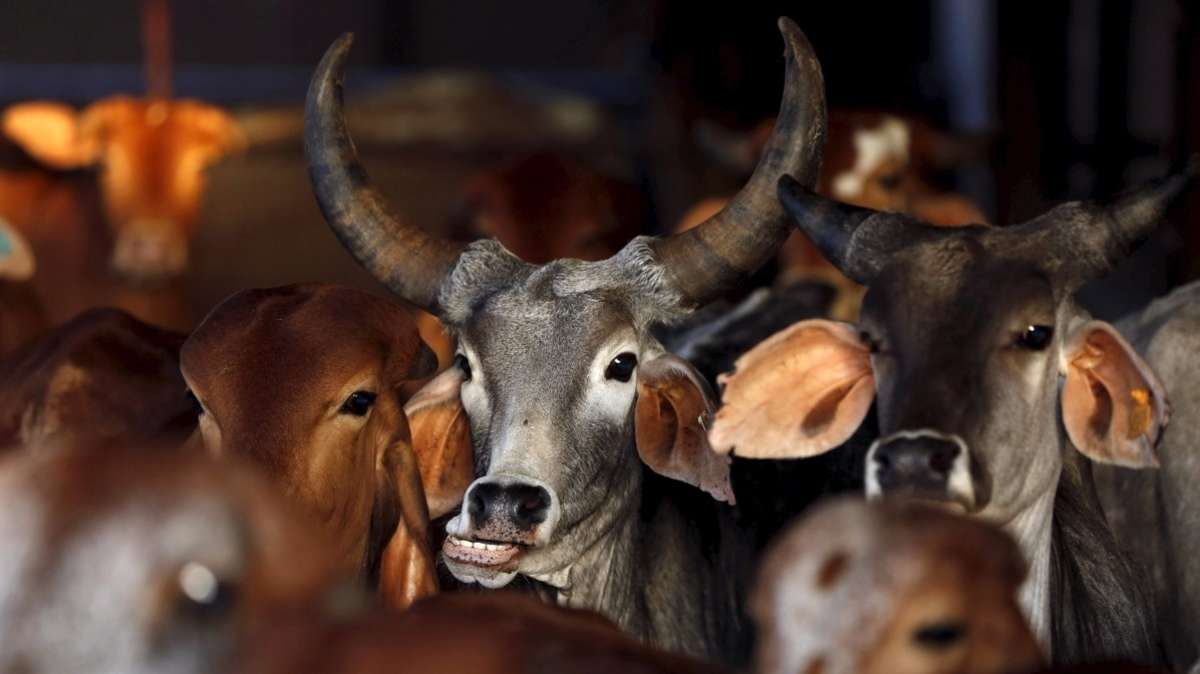The contentious anti-cattle slaughter law that would gravely affect lakhs of families that are dependent on the trade for their livelihood, will come into effect in Karnataka from January 18. The development was notified by the state government in a notification on Saturday. With this, there will be a blanket ban on the slaughter of cattle in the state.
The ordinance will come into effect even as the High Court of Karnataka has issued a notice to the state government based on a PIL challenging it. The petition held that the law violates fundamental rights of citizens and that it is unconstitutional.
The state government promulgated the Karnataka Prevention of Slaughter and Preservation of Cattle Ordinance on January 5. Under this, slaughter of cattle will lead to imprisonment of up to 3 to 7 years and a fine ranging from Rs 50,000 to Rs 5 lakh. Subsequent offences will attract imprisonment of up to 7 years and a fine from Rs 1 lakh to Rs 10 lakh. The law also refers to “any person exercising powers under this Act” as people acting in “good faith”, raising grave concerns over violent vigilantism. Last week, a Muslim driver transporting cattle was beaten up, looted and severely injured by a group of cow vigilantes.
The government also issued a set of draft rules under the ordinance. As per the draft rules, a person wanting to transport cattle has to obtain a transport certificate, determining the fitness of the animal, the cattle ownership document and veterinary first-aid equipment. If a person wants to transport dead cattle, the consignment should carry post-mortem report, the origin and the destination place.
Also, the draft rules specify that each consignment has a label in bold letters carrying the name, address and telephone number of the consignor and the consignee among other details. That apart, cattle transport between 8 pm and 6 am and during summer (March to May) between 11 am to 3 pm is banned.
The Karnataka Prevention of Slaughter and Preservation of Cattle Bill was passed in the Karnataka Assembly on December 9 but the government did not table the same in the Legislative Council. The Government then chose to pass an Ordinance to bring in the law.
Related
Rushda Fathima Khan is the Staff Reporter for The Cognate.











































